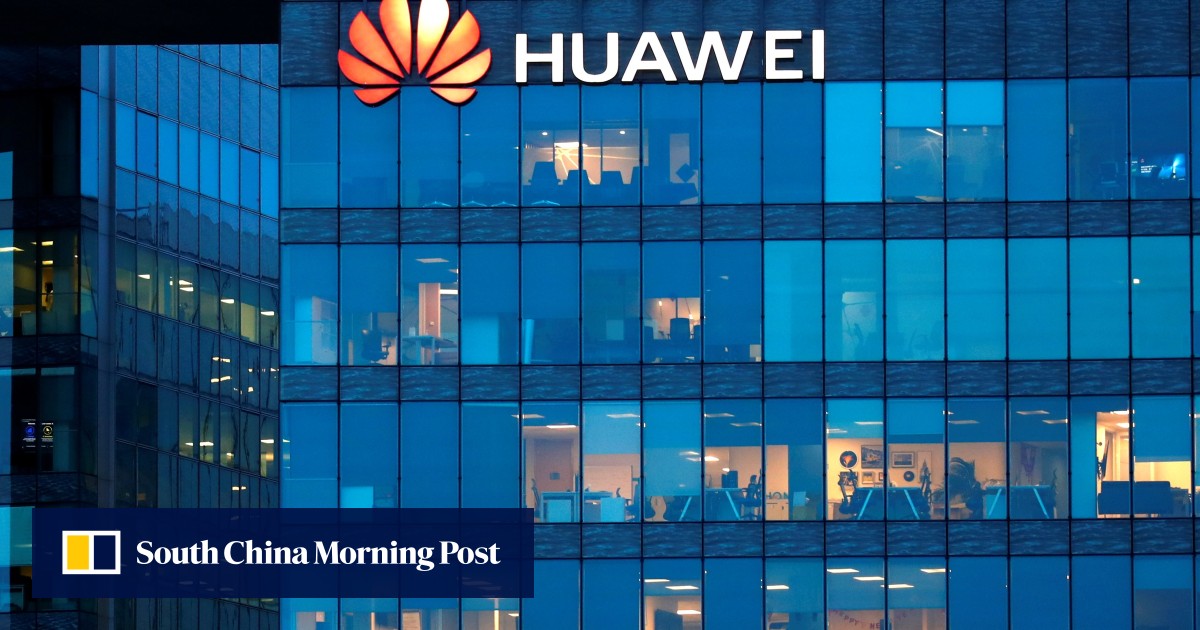

Huawei's vice-president for Europe, Tony Jin Yong, has raised alarms about the potential stifling of the European AI industry due to ongoing bans on Chinese technology. He criticized the formation of 'exclusive groups' among nations, arguing that such divisions hinder collaboration based on the origin of tech companies. This concern comes amid Huawei's struggles with sanctions imposed by the EU and the US, which have restricted its access to critical technology [11081fdd].
Several European countries have already banned Huawei components from their 5G networks, reflecting the broader geopolitical tensions that have influenced technology partnerships. The US has placed Huawei on its Entity List, further complicating the company's operations in the West [11081fdd]. Despite these challenges, Jin emphasized the potential for fruitful collaboration between China and Europe in AI development, suggesting that a united approach could enhance innovation and competitiveness in the sector [11081fdd].
In a related context, French ambassador Bertrand Lortholary highlighted AI as a key topic for engagement between France and China. This sentiment was echoed during Chinese President Xi Jinping's state visit to France in May, where he and French President Emmanuel Macron agreed to deepen cooperation in AI [11081fdd]. Beijing has set an ambitious goal to become a global AI powerhouse by 2030, which aligns with the EU's introduction of the world's first AI act in March, categorizing AI risk levels [11081fdd].
Experts believe that combining China's technological strengths with the EU's regulatory focus could position both regions for global leadership in AI. This collaboration could be crucial as the world increasingly turns to AI solutions across various sectors, including healthcare, finance, and education [11081fdd].
As Huawei continues to navigate the complexities of international relations and technology sanctions, its commitment to innovation remains evident, with plans to enhance its manufacturing capabilities in Europe and launch new products, including advanced smartphones and networking equipment [031eec9e].